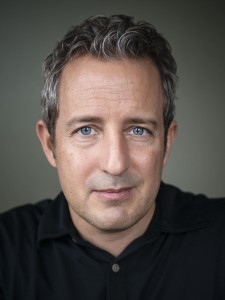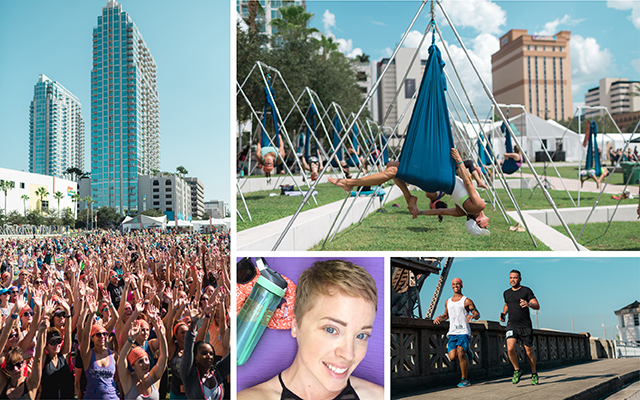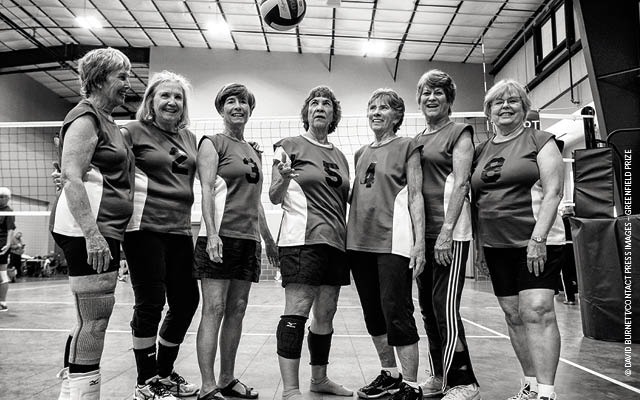
There was this kid in junior high, Danny something — I’ve forgotten his last name — who quite unknowingly became my mentor. I don’t think we ever spoke; he hung with a higher class of people than I did. But he shaped my adolescent psyche in a big way.
Danny was one of those rare kids who seemed to glide effortlessly through that hormone-drenched pool of angst while the rest of us splashed around furiously just to keep our heads above water. He always had the right answer in class, never seemed to worry about the big test, and never seemed to be trying that hard to succeed. I wanted to be like Danny.
I’m sure you knew kids like that in school. You probably also remember the guy who was always clowning around, annoying the teacher, and getting tossed out into the hall on a regular basis. I was that guy. Trying — way too hard — to show everyone I didn’t need to care.
I have no idea what became of Danny, but I eventually outgrew that particular behavior (four years of military service during the Vietnam war did not help). I studied hard in college, got decent grades, graduated, and threw myself into a journalism career, in which I managed to gain a reputation as someone who worked hard and cared about his craft. It’s a pretty common trajectory, I suspect. When we’re young, we need to try on assorted masks and disguises until we figure out who we really are. And even then most of us will discover certain aspects of our personality that no longer serve us — or those around us. That’s just about growing up.
Effortless Action
I’ve always assumed that this stuff would get easier as I got older — and in some ways it does. You work 30 or 40 years in a profession, reach a certain level of expertise and accomplishment, and you don’t really need to prove anything anymore (to yourself, at least). Oh sure, you need to do your job, but your ambition cools. I wrote a book 20 years ago (still in print!) and can’t help feeling a slight surge of pride when I see it in a bookstore. But I have no desire to write another one. It just wouldn’t be wu wei.
That’s the Chinese term for “effortless action” and the topic of a new book by Edward Slingerland called Trying Not to Try: The Art and Science of Spontaneity. I stumbled upon a review the other day in the New York Times that got me thinking about my years as a junior high poseur and how I might better navigate the twists and turns here in Geezerville.
Slingerland, a professor of Asian studies at the University of British Columbia, recounts the battle for the philosophical higher ground between the Confucians and the Taoists in China during the 5th century BC — a skirmish between those who believed rules, scholarship, and traditions were the only way to true virtue (Confucians) and those who argued that any conscious effort to improve oneself was missing the point completely (Taoists).
I’ve been a big fan of the Taoists ever since I picked up a copy of the Tao te Ching back in my early 40s, but I agree with Slingerland that their approach is a bit elusive: How do you try not to try? Especially at my age, when physical limitations begin to creep into your life on a regular basis? How do you, for example, try not to try staying in shape? Or maintain your mental acuity? Or check off the items on your bucket list?
Slingerland suggests that we “relax completely into what we are doing, or simply forget ourselves as agents.” And that’s pretty good advice. The old Taoists didn’t neglect their crops or avoid planning for the next season, they just did their best to be completely present in each undertaking and accept the consequences of their actions. This is a pretty good guide for living authentically at any age, but I think it’s particularly instructive once you roll into advanced middle age.
There is a great temptation, once you arrive in Geezerville, to fall into one of two major camps: the Overachievers, who fear aging and will do anything to stop the clock and extend their lives (marathons, botox, juice cleanses, trophy spouses), and the Acceptors, who simply assume their bodies will break down naturally at about age 50 and believe it’s fruitless to try to do anything about it — beyond regular doctor’s appointments (which reinforce their view) and a medicine cabinet full of pharmaceuticals. Both of these camps are missing the point, as far as I’m concerned. Overachievers are motivated mostly by fear and denial; Acceptors have simply given up. And that’s too bad, because I think that the older you get the easier it should be to grasp that elusive wu wei.
You get to a certain age and, if you’ve been paying attention along the way, you’ve pretty much found out what works and what doesn’t work in the world. You know who you are, what you’re good at, and when you need help. Really, you shouldn’t have to pretend anymore. Life is always going to have its challenges, but if you can step out into the world most days without trying to fool anybody, not trying to impress, not trying to control everything, you might find yourself gliding along in a way even my old schoolmate Danny might appreciate.


This Post Has 0 Comments